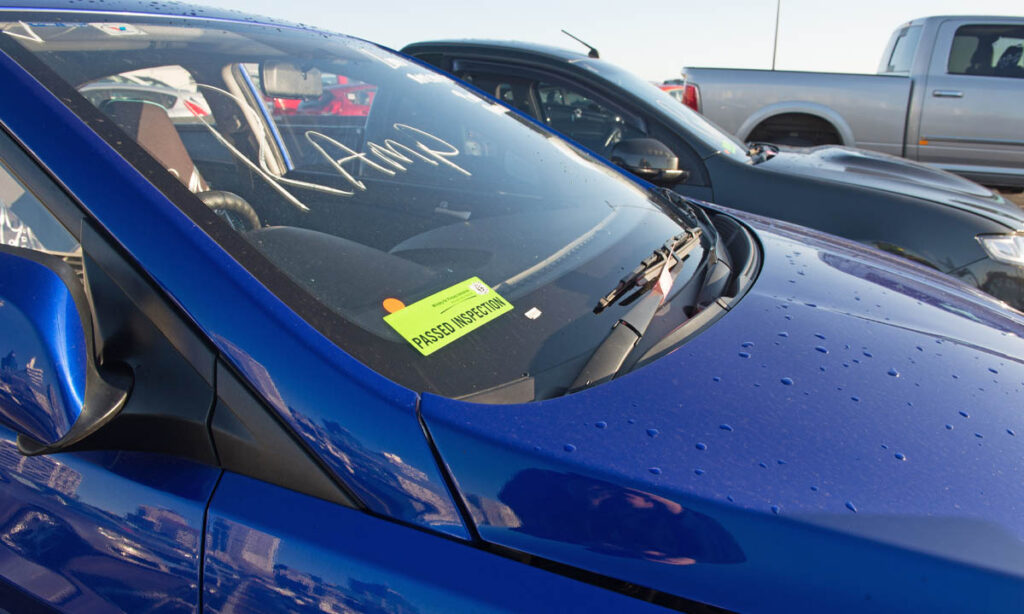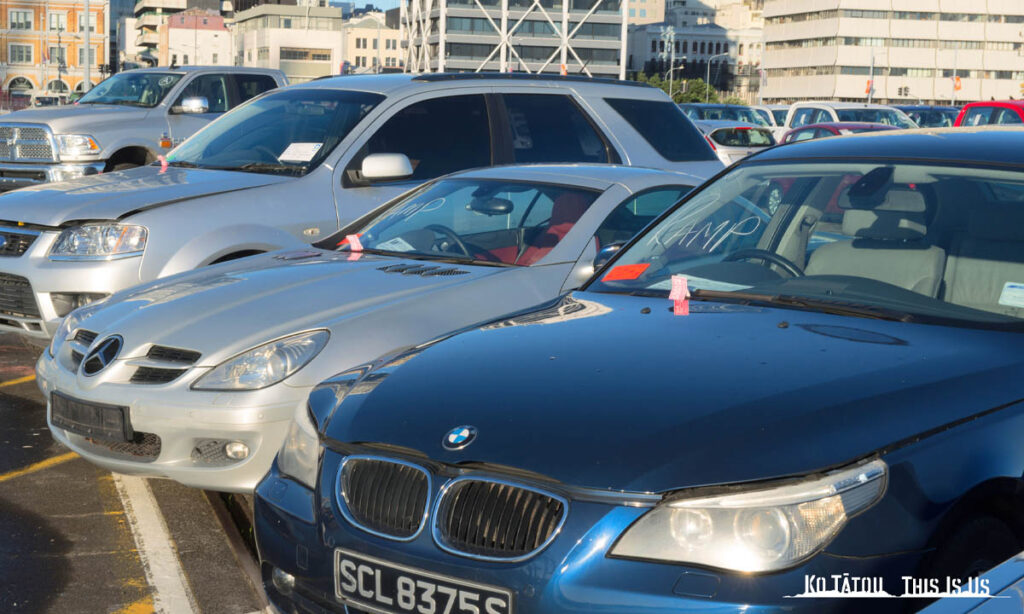Case Study: Importing used vehicles from Japan
An important aspect of the biosecurity business pledge is for industries to look along their supply chain and take more responsibility for biosecurity risk management including import supply chains.
Moving from compliance to taking responsibility; understanding exporter systems to reduce biosecurity risk are good ways forward.
Approximately 20 years ago the importers of used vehicles from Japan approached Biosecurity New Zealand, a business unit of the Ministry of Primary Industries (MPI and formerly MAF), with a proposal to clean vehicles in Japan before export to reduce the pressure for cleaning and verification on arrival in New Zealand.
The success of the Japanese Approved Systems resulted a continuous rise in offshore vehicle management (including cleaning) providing the confidence for Biosecurity New Zealand to make systems a mandatory requirement in 2018.

How can importers take a proactive approach to biosecurity?
- Talk to suppliers about the importance of clean, pest free consignments, packaging and conveyances (e.g. containers) and, securing against infestation/re-infestation.
- Understand the pest risks associated with importing the product and report any potential new risks to Biosecurity New Zealand (emergingrisks@mpi.govt.nz).
- Only import high quality products in packaging and conveyances that are free from pests and diseases.
- Provide Biosecurity New Zealand with information to show that consignments, packaging, and conveyances comply with importing requirements.
- Engage with Biosecurity New Zealand on biosecurity initiatives.
- Report any pests detected on consignments that have been cleared.
What are the benefits to importers of taking a proactive approach to biosecurity?
- Faster biosecurity clearance.
- Lower likelihood of Biosecurity New Zealand intervening at the New Zealand border.
- Potential for compliance-based inspection by Biosecurity New Zealand for highly compliant pathways.
- Biosecurity New Zealand has few options, other than methyl bromide fumigation, for treating insect pests intercepted on consignments at the border. Methyl bromide is an ozone-depleting chemical and toxic to humans and New Zealand is committed to reducing its use.
- Compliant consignments do not require on-arrival treatment or re-shipment at the importer’s expense.
- Lower likelihood of introducing new pests and diseases to New Zealand that could potentially harm domestic industries and the environment.
- Fewer environmental impacts.
- Positive social impact.
- Reputation for good corporate responsibility.
- Less cost.

How can shippers take a proactive approach to biosecurity?
- Work to vessels are as free possible of contaminating pests before loading cargo.
- Where possible, ensure break bulk cargo are free from contaminating pests before loading.
- Apply residual pesticides in pre-loading storage areas and on-board vessels.
- Have good hygiene practices and a pest surveillance and trapping programmes in place on-board vessels.
- Obtain the necessary certificates or inspections: such as for Asian gypsy moth and hull inspections
- Maintain clean vessel hulls.
- Engage with Biosecurity New Zealand on biosecurity initiatives.
* case study provided by Animal and Plant Health Directorate, Biosecurity New Zealand

